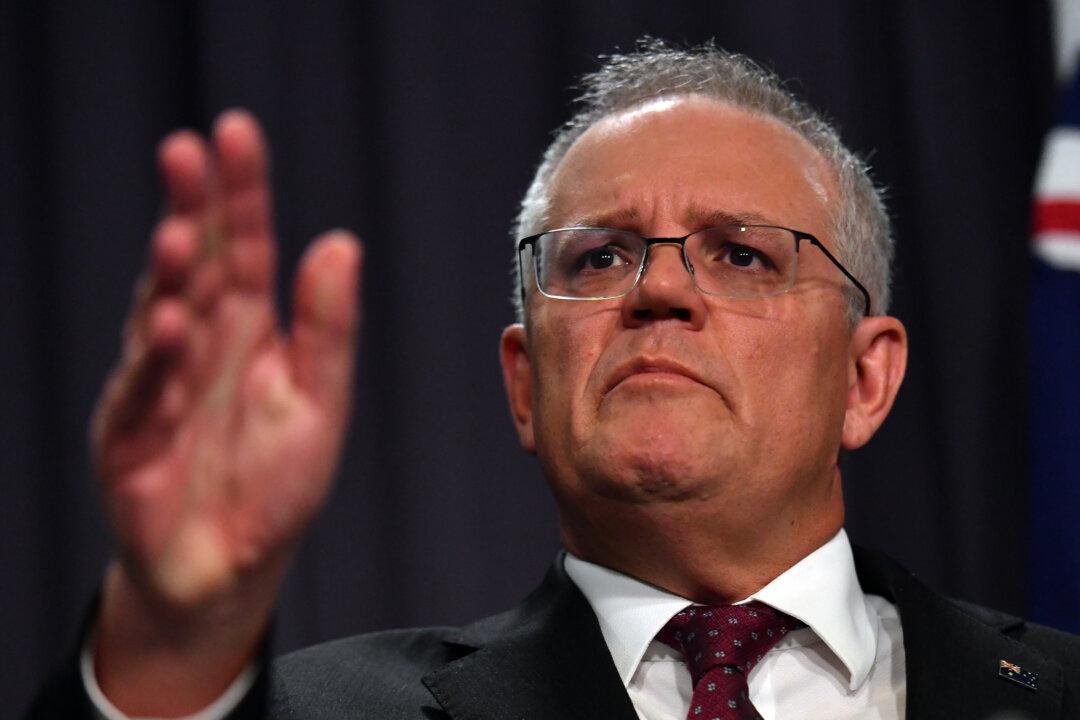The Australian Liberal Party has not decided whether to go with gender quotas for its preselection of political candidates, despite the call from Prime Minister Scott Morrison and other members of Parliament over the past week.
The call by some Liberal politicians comes as the Morrison government is under increasing scrutiny over its handling of allegations of sexual violence and misconduct towards a female staffer and female MPs by male MPs and staffers.




